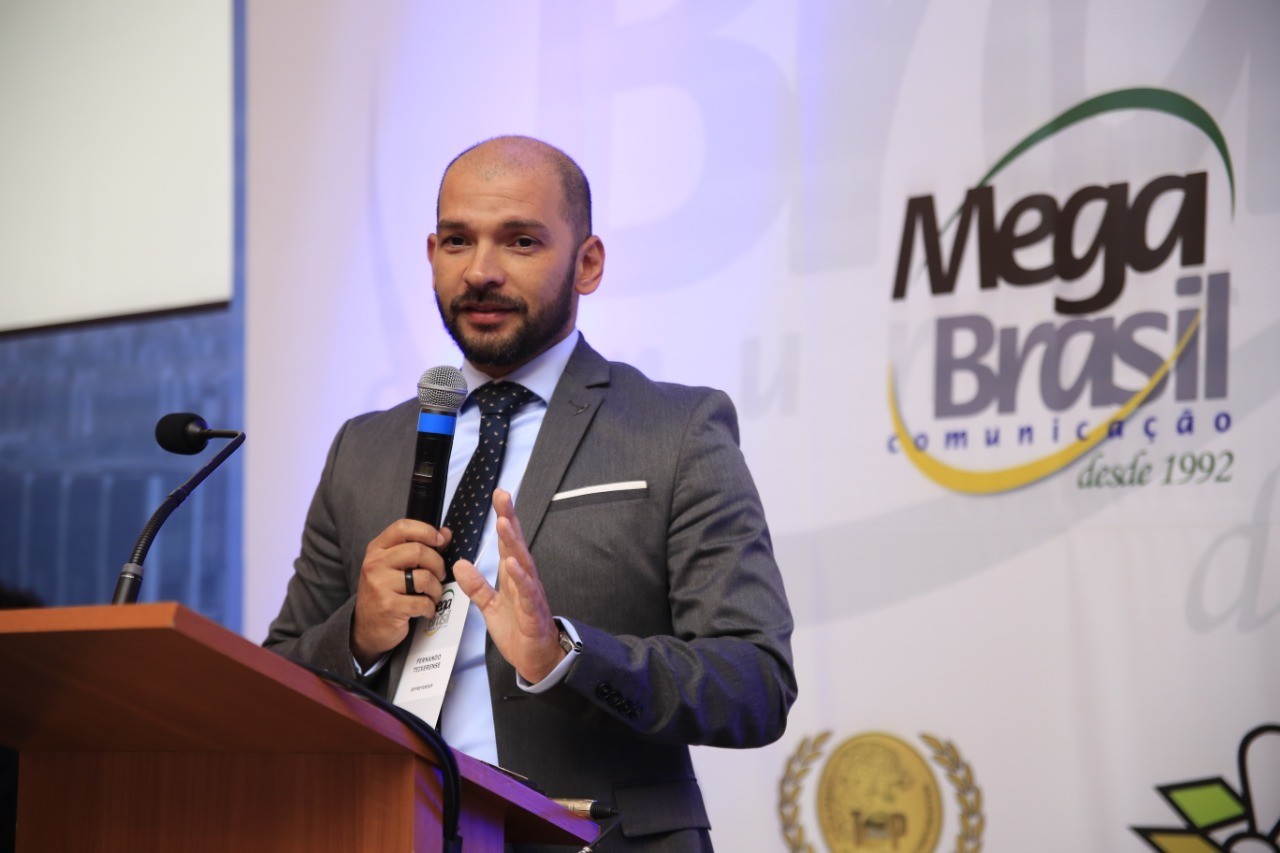A New Way of Conducting Government Relations in Brazil

JeffreyGroup Brasília Group Director, Fernando Teixeirense leading the public affairs panel at the Mega Brasil congress in São Paulo.
Navigating the Brazilian public sphere has transformed since Operation Car Wash came to public attention. Following Jair Bolsonaro’s election as president, companies and professionals have had to change the ways in which they interact with politicians and other decision makers.
The debate over how interest groups influence political decisions in Brazil is already an established research subject and has even led to changes in the legal system. These factors, along with the country’s new political order, compel government relations professionals to adjust how they communicate within the political environment.
One of the many shifts facing government relations professionals involves approaching and engaging with emerging actors – the military, for instance. As the popular Brazilian saying goes, “we are all changing tires while the car is still moving.”
While the rules on how to act have become more complex, day-to-day activities have remained largely the same: walking around government buildings, creating reports that are clear and strategic, and using the appropriate language depending on the target audience – which has its particularities.
As the new landscape has changed, so too must methodologies. Forging relationships with decision makers is no longer enough – approaching power requires proactivity and a will to contribute, all in accordance with a thorough strategic plan.

JeffreyGroup hosted a public affairs panel at the Mega Brasil congress in São Paulo, led by JeffreyGroup Brasília Group Director, Fernando Teixeirense. The expert panel included Fabio Rua, IBM Brasil, Marcos Borges, CNI, and Juliana Celuppi, IRelGov.
This paradigm shift occurred, in part, as a result of the direction in which the country’s politics has headed, in addition to the fact that Brazilians view their politicians more and more as criminals rather than as lawmakers. Both of these factors have led government relations professionals, politicians and other professionals working in the public sector to conduct themselves in a more transparent way. Companies, both domestic and foreign, have had to preemptively alter how they convey messages, while developing a better understanding of the most powerful players in the political game.
The game has changed, the players have changed, and tools used for communicating with this audience continue to change. Brazil can no longer wait – it is time for the country to comply with international standards that govern the relationship between companies and the political system. In this way, the work of government relations professionals can be safeguarded. With clear rules of engagement – in adherence with the law – politicians and executives will feel more at ease to discuss public policies that can remedy the problems facing society.
Fernando Teixeirense – Group Director Jeffrey Group Brasília

